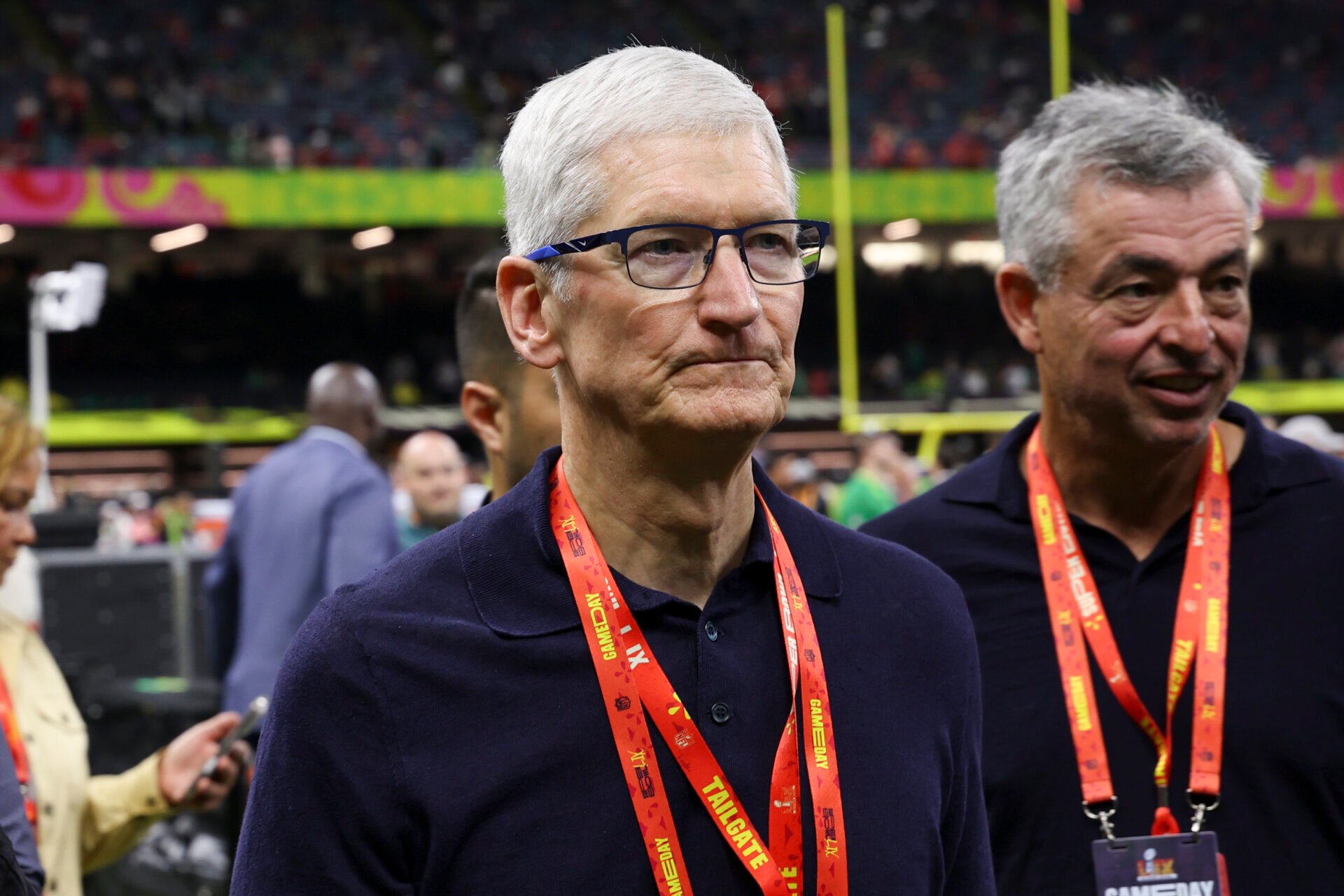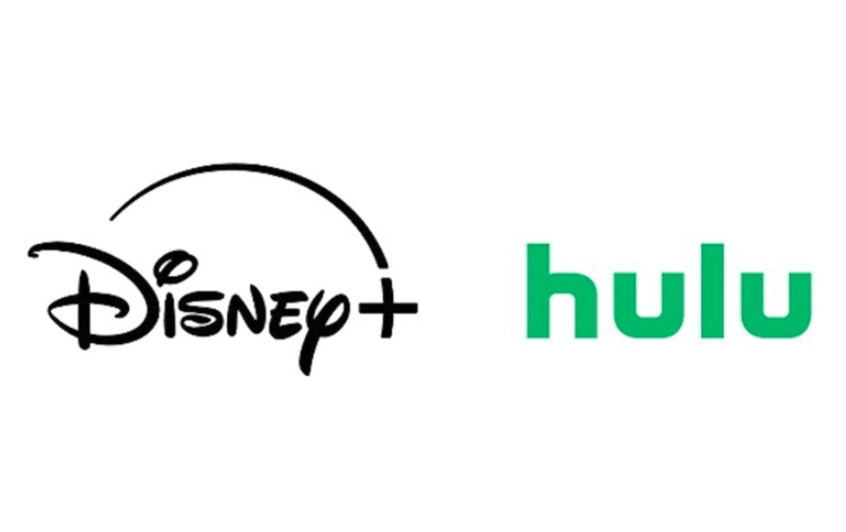On Wednesday, Eddy Cue, Apple’s senior vice president of services, revealed that the company is actively exploring the integration of AI-powered search options into its Safari web browser. Cue also expressed his belief that AI search engines will ultimately supplant traditional search engines like Google. His comments were made while testifying in the remedies phase of Google’s antitrust trial in Washington.
Cue further disclosed that the number of Google searches conducted on Safari has decreased for the first time in history this year, attributing this shift to the growing popularity of AI search engines. “This is a first in 22 years,” he emphasized, noting that Safari was initially released in early 2003. Although Cue stated that AI search technology is not yet ready for rollout on Safari, citing its current inadequacies, he acknowledged that the company has engaged in discussions with OpenAI, Perplexity, and Anthropic.
Last August, Apple announced a collaboration with OpenAI to integrate ChatGPT into certain products. However, Cue emphasized his desire to “ensure we have the capability to switch if necessary” in the event that another company emerges as a leader in AI search.
The share prices of both Alphabet and Apple experienced a decline, with Alphabet’s dropping around 8% and Apple’s decreasing by approximately 2%, following a report by Bloomberg on Cue’s testimony.
Executives from various tech companies, including Yahoo, Microsoft, and OpenAI, are expected to testify during the remedies phase of the trial, which commenced last month. Apple’s testimony holds particular significance for Google’s fate, as the search company pays Apple around $20 billion annually to be the default search engine on Safari. Under this agreement, Apple receives a portion of Google’s advertising revenue generated from Safari searches. During his testimony, Cue expressed that he has “lost a lot of sleep” over the prospect of losing this revenue share.
Google is currently facing two separate antitrust lawsuits filed by the Department of Justice. The testimony on Wednesday was part of the trial arising from the Justice Department’s 2020 lawsuit against Google, which alleges that Google illicitly maintained a monopoly on search and search advertising markets. A central argument in the DOJ’s case is that the exclusivity agreements Google entered into with certain platform providers, such as Apple, to become the default browser on their tools were unlawfully monopolistic.
Last August, Judge Amit P. Mehta of the US District Court of the District of Washington, DC, ruled against Google in the trial. While Google intends to appeal the verdict, this action must wait until the remedies phase of the trial is complete.
In a separate development, a 2023 lawsuit filed by the DOJ against Google argues that the search giant illicitly monopolized the digital ad tech market. Last month, Google was found guilty of two of the three charges brought against it, and the company plans to appeal this ruling as well.
Source Link




